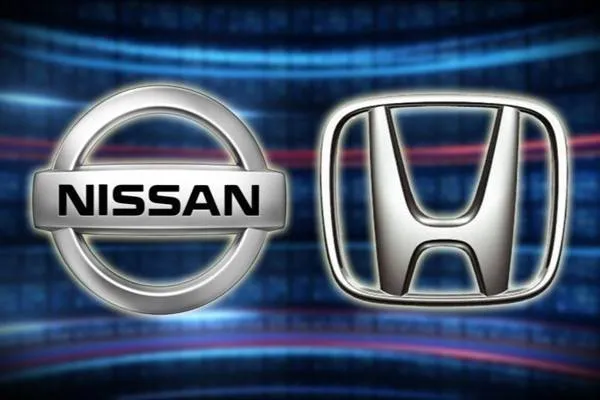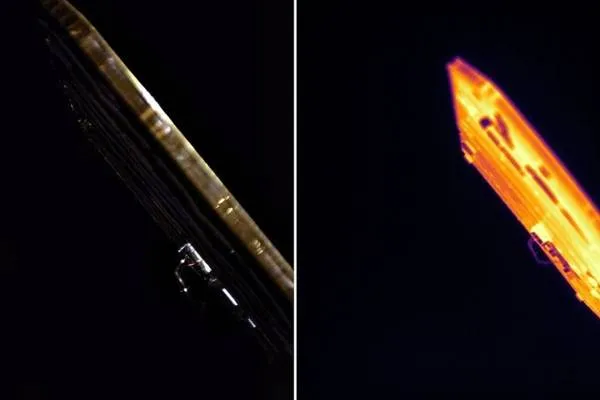Honda and Nissan in Merger Talks
Stockholm, December 18 (Hibya) - Honda and Nissan are in discussions about a potential merger that could bring together two Japanese automakers who have recently faced challenging times.
The companies stated that they are in talks but did not provide any details or timeline for a potential agreement. It is also unclear what form the potential joint venture might take. Nikkei first reported the news of a possible merger on Tuesday.
In a statement released Tuesday, the companies said, "As announced in March, Honda and Nissan are exploring various possibilities for future collaboration by leveraging each other's strengths. Should there be any updates, we will inform our stakeholders in due course."
Honda and Nissan also confirmed to CNN that Mitsubishi is part of these preliminary talks, adding a potential third major Japanese automaker into the mix. Mitsubishi did not respond to requests for comment.
In March, Honda and Nissan announced a partnership in the electric vehicle sector, and in August, they stated they would collaborate on battery technology.
Like many non-Chinese automakers, both companies have faced challenges in the once-promising Chinese market, the world's largest car market. Chinese consumers previously flocked to foreign brands but have now largely shifted to local brands perceived as offering better value. Additionally, the Chinese government has provided incentives to accelerate the adoption of electric vehicles and plug-in hybrids.
Nissan also faced difficulties after its former CEO Carlos Ghosn fled Japan to his home country of Lebanon. Ghosn was arrested in Tokyo in 2018 on allegations of financial misconduct, and Nissan dismissed him. Ghosn has repeatedly denied the allegations.
Carlos Ghosn's dismissal weakened the strong alliance between Nissan, Renault, and Mitsubishi. Renault, once part of the world's largest automaking alliance, has since significantly reduced its stake in Nissan, weakening the Japanese automaker.
Nissan reported that its operating profit for the March-to-September period fell by 90% compared to the same period the previous year.
Meanwhile, Honda, which is about five times the size of Nissan, is also facing challenges. The company announced that it plans to sell only zero-emission vehicles in major markets by 2040. However, relatively low gasoline prices, insufficient charging infrastructure, and increased competition have slowed the transition to electric vehicles in the U.S. and Europe.
British News Agency
















